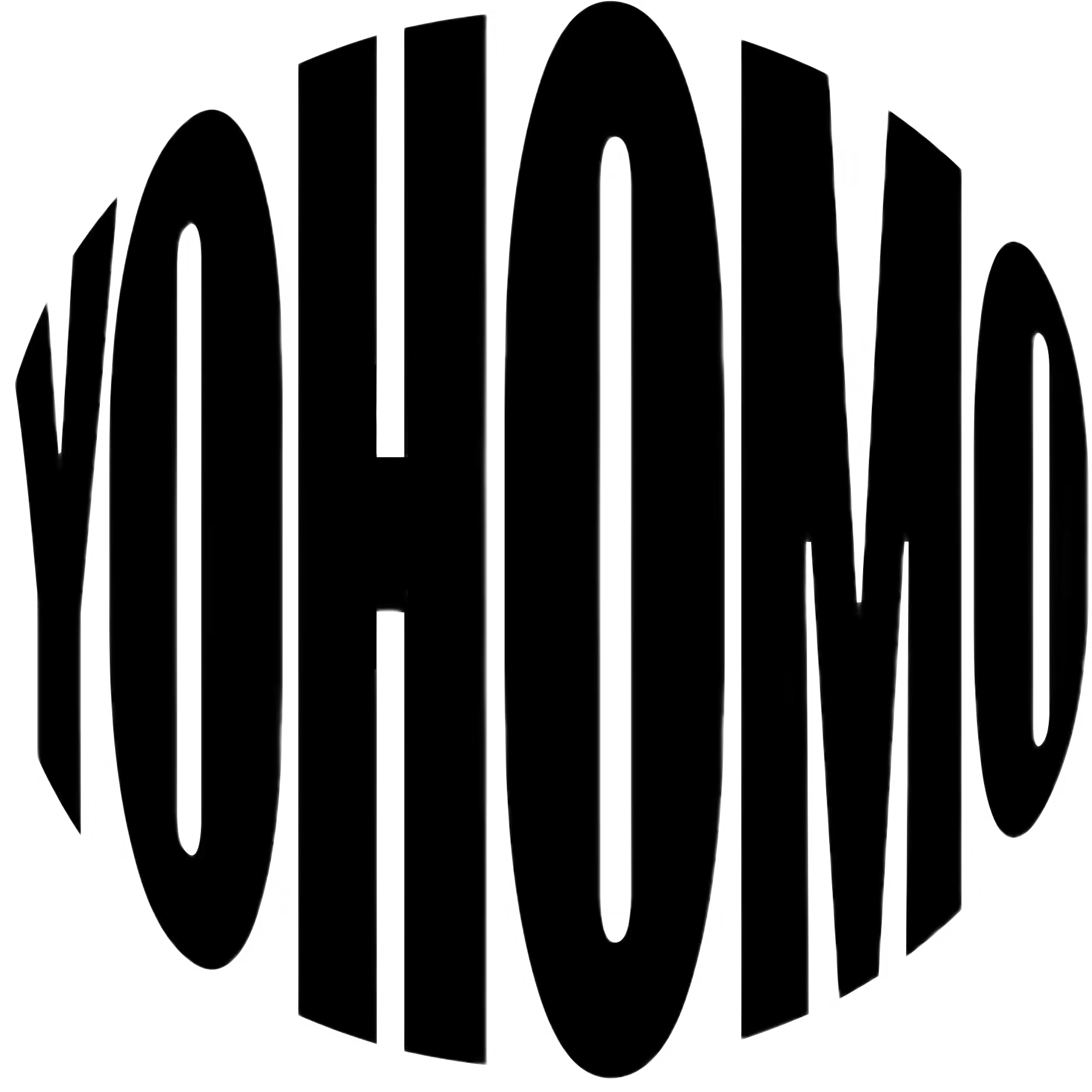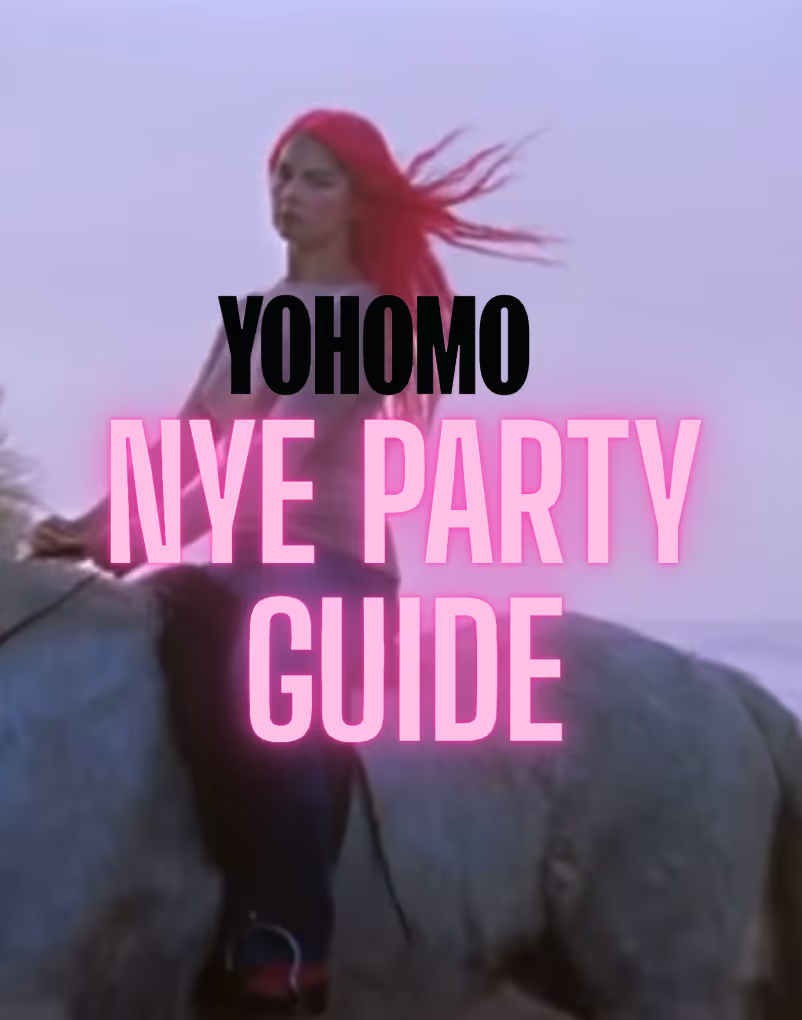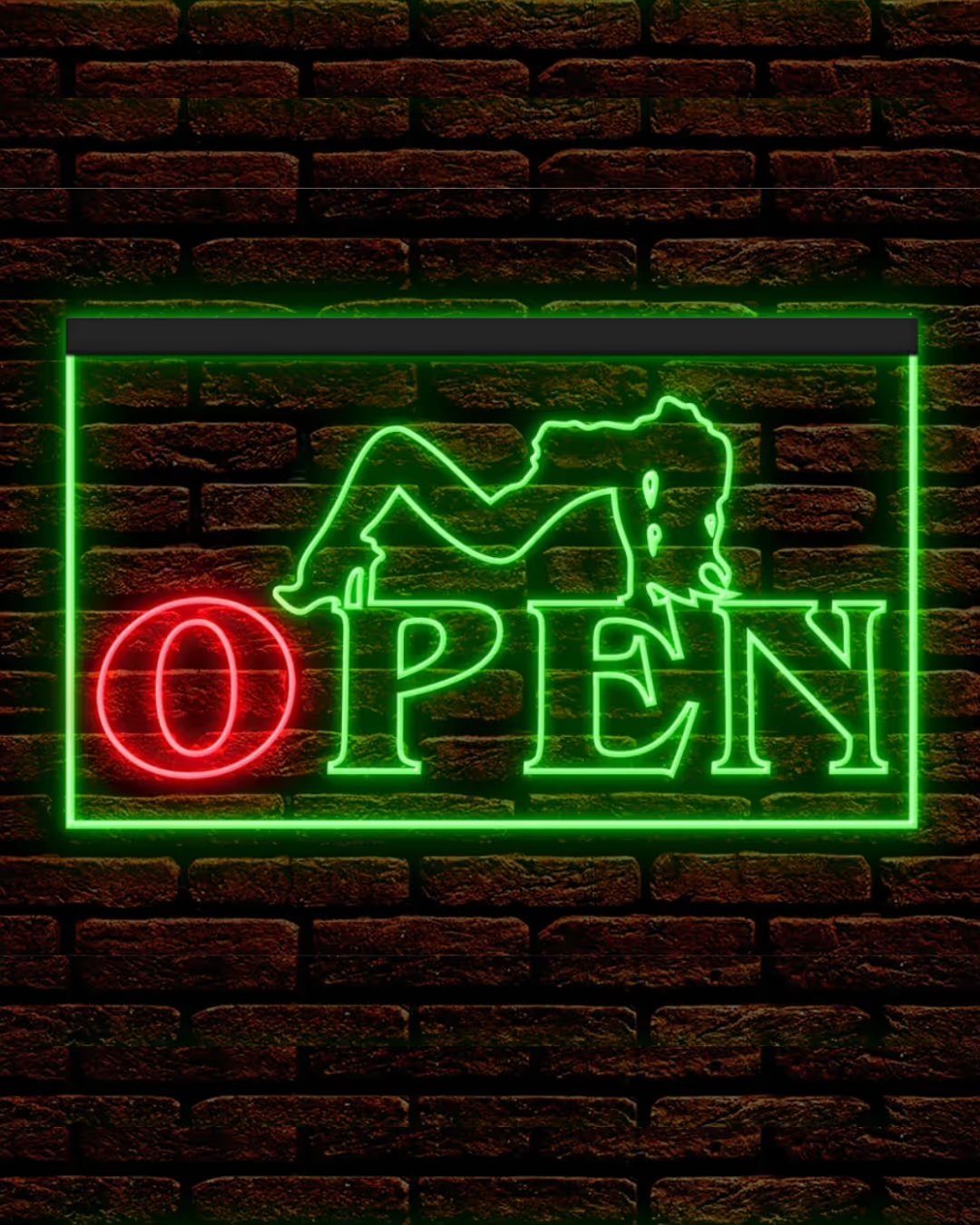
White gays and Black female culture explored in an exciting mainstage debut at Buddies
↓
Our Q&A with one of the creators of the new play about friendship, Black female culture and a big messy night out.
Body So Fluorescent is play about friendship, about Black female culture and about how white men exist with them. The play is making it's mainstage debut at Buddies this spring and we asked creator and performer Amanda Cordner and creator and director David di Giovanni a few things about the thought provoking, not-to-be-missed play.
Yohomo: We haven't seen the play yet. Let's start there. But we are so excited to do so. Who do you think, in our queer community should see this play and why?
We're hoping this play draws out the full spectrum of the 2SLGBTQ+ community-- while the play focuses on tension between the white gay community and Black female culture, there's a complicated web of when something is okay, when it's not, when it's empowering, when it's oppressing: and this dynamic doesn't only exist in the particular way we're exploring it.
Have you yourselves noticed a sway in the culture in the last few years of less white gay men appropriating Black women's culture in how they speak/dance/act... It seems like those who know, know, but there is still an entire population of people who still actively do this...
It's becoming more challenging to identify what exactly is "Black women's culture" versus "Black trans culture" versus "Black drag culture," especially with the popularization of Rupaul: where turns of phrases and physical mannerisms get reproduced by the folks on screen and then by the viewers (not only white gays).
Toronto is a unique city in that a lot of queer spaces and parties are thankfully a lot more mixed than in a lot of American cities. How do you feel that might affect how friends and partners of different colours move through a big night out?
This play is particularly "Toronto" because of the cultural dynamics that are unique to this city. There's more negotiating public space: there has to be, because our spaces are striving to be as inclusive as possible to a multitude of people and identities. So maybe in Toronto there's potentially more friction, more caution, and hopefully more learning in terms of how what we say or do affects other people.
.avif)
What are your thoughts when it comes to the idea of "divas" and the relationship both gay white men and Black women have with them, especially in a party setting... When a Beyoncé song comes on, when a Diana Ross song comes on... it's a beautiful moment when folks love them so much, but how folks act and go-off when a song comes on can itself be complicated no? Or are we overthinking that kind of moment?
This is exactly what we're exploring: how complicated this all is. It can be great, and wonderful, and liberating, and freeing AND it can be alienating, and parodying, and inappropriate. It's both. Divas make us feel empowered-- and that means a lot to groups who may not typically feel empowered— allowing us to express strength and confidence. But it can also verge on caricature, especially when done in the spirit of garnering laughs from others.
A few years ago here in Toronto, the act of an Asian queen performing songs from Beyoncé's Lemonade became a big issue in our gay village. Some Black queens thought it wasn't appropriate, while others thought it was fine and that this queen regularly does B songs. What are your thoughts on drag and performance and Black women's songs?
Artists should be able to perform whatever they want and be prepared to stand behind their decisions. Folks who feel uncomortable about art should have the space to share how they feel, and be heard and listened to. Maybe this changes someone's perspective and maybe it doesn't. But as long as the folks who are making performances are making it understanding the dynamics at play, I don't see anything wrong with this. We get into very tricky territory when people make rules about what one can perform and what one can't (and why).

Final question: it's been amazing to watch this show evolve. How has this journey been and has it been interesting to watch the main ideas of the play remain just as relevant as ever throughout its evolution?
Just confirming the show started as a short play, then became a full solo show, then a short film, and we’re back with the full solo show making its mainstage debut at Buddies
Yes- it's been amazing to see how play has echoed throughout the last seven years: depending on what has been taking place in the world. We made this play before the Black Lives Matter protest at the Toronto Pride Pride in 2016: and so much has changed, and so much feels like it is about to change (when it really doesn't), and so much doesn't change. So it does feel like a fresh new and complicated world we're sharing this in: and different parts of the play (particularly the exploration of mental health, of broken friendships, of anti-Black racism) feel especially relevant given everything that's happened over the last three years.
Catch Body So Fluorescent at Buddies April 13-23. Each show, as it tours Canada, engages with local drag artists and featured performers in the Toronto version are Sanjina Queen and Kenya Rami.

)%20(6).avif)
%20(2).avif)
.png)


%20(11).avif)
)%20(5).avif)
